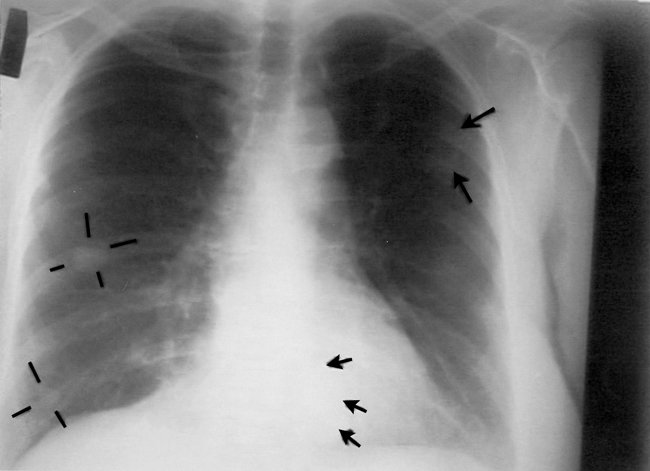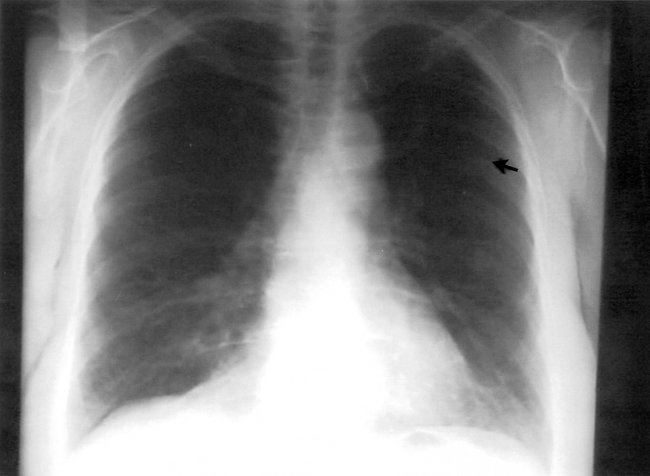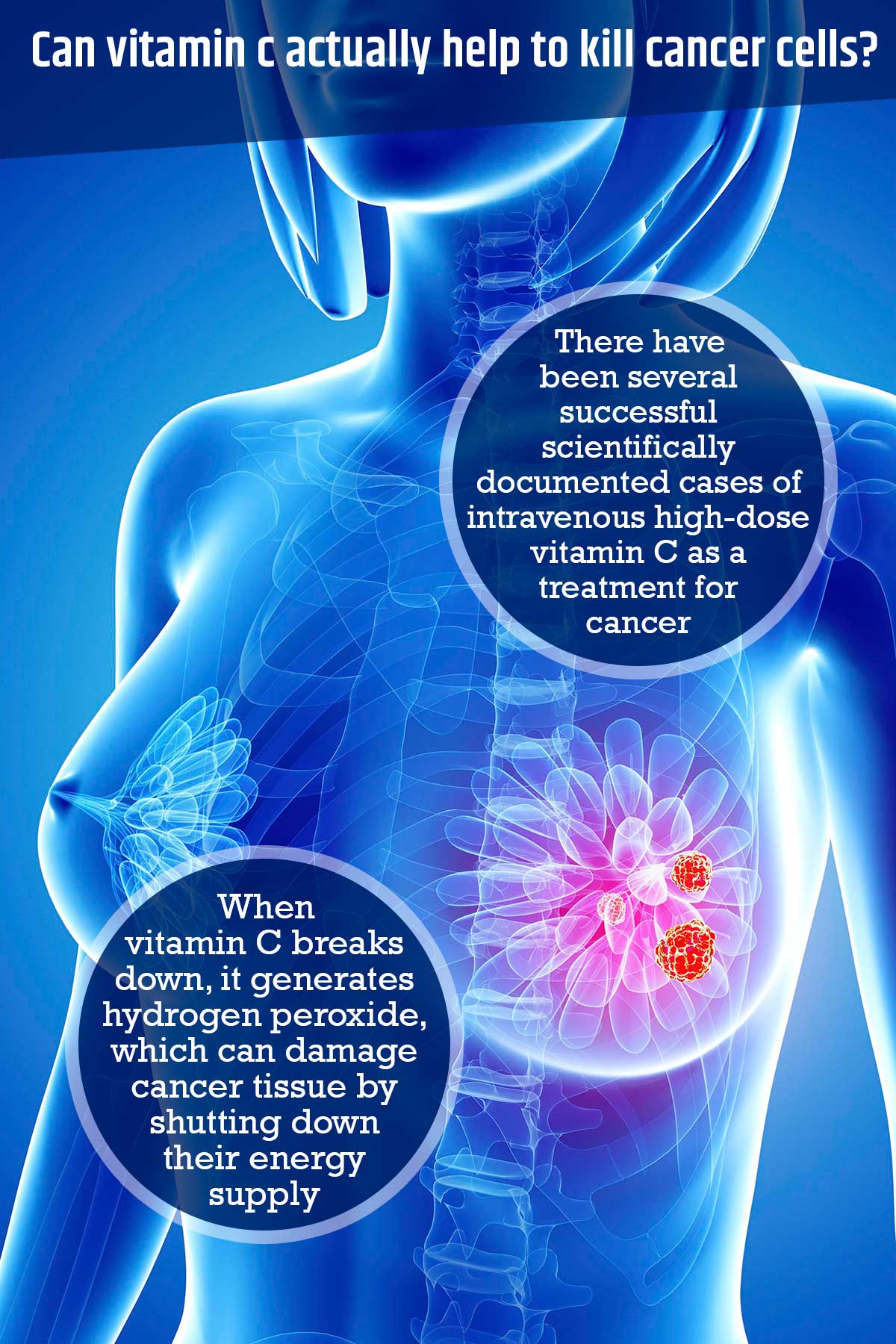Although the use of intravenous high-dose vitamin C as a treatment for cancer has not been approved the FDA, there have been several successful scientifically documented cases.1✅ JOURNAL REFERENCE
PMID: 15377059
The majority of vitamin C therapies involve administering it orally, Scientists have however proven that administering vitamin C intravenously, which bypasses normal gut metabolism, results in blood levels which are 100 to 500 times more than oral ingestion levels.
Although high doses of vitamin C administered orally can be effective against cancer cells, it’s the super-high blood level concentration of intravenously administered vitamin C that really demonstrates its cancer cell fighting abilities.
Vitamin C and cancer case study 1
A 51-year-old female patient with metastatic cancer refused conventional cancer treatment, choosing instead intravenously administered high-dose vitamin C at a dosage of 65 g twice a week continuing for 10 months.2✅ JOURNAL REFERENCE
DOI: 10.1503%2Fcmaj.050346
Other alternative therapies were also used: N-acetylcysteine, thymus protein extract, whole thyroid extract and niacinamide. Cannonball lesions can be seen in both lungs, marked by the lines and arrows in the chest radiograph below.

After the 10 months of treatment results were normal as indicated in the chest radiograph below, excepting for one abnormality in the left lung, which was quite possibly just a pulmonary scar.
Vitamin C and cancer case study 2
A 49-year-old male bladder cancer patient opted for vitamin C treatment administered intravenously instead of radiotherapy or chemotherapy.3✅ JOURNAL REFERENCE
DOI: 10.1503%2Fcmaj.050346
For 3 months, 30 g of vitamin C was administered twice a week, then for 4 years 30 g was administered once every 1–2 months, which were interspersed with more frequent infusions.
The patient was in good health nine years after diagnosis without any symptoms of recurrence or metastasis.
The patient also made use of the following supplements: chromium picolinate, botanical extract, flax oil, chondroitin sulfate, α-lipoic acid, glucosamine sulfate, L. rhamnosus and selenium and Lactobacillus acidophilus.
How vitamin C kills cancer cells
When vitamin C breaks down, it generates hydrogen peroxide, which can damage cancer tissue by shutting down their energy supply. Cancer cells are also a lot less capable of eliminating hydrogen peroxide than healthy cells are.
Because of this, cancer cells are a lot more vulnerable to being damaged by hydrogen peroxide. And this is why how extremely high vitamin C can damage cancer tissue without damaging healthy tissue.
There are several ways that healthy cells have to remove hydrogen peroxide that keeps it at low enough levels so that it doesn’t cause damage.4✅ JOURNAL REFERENCE
DOI: 10.1016/j.redox.2016.10.010




